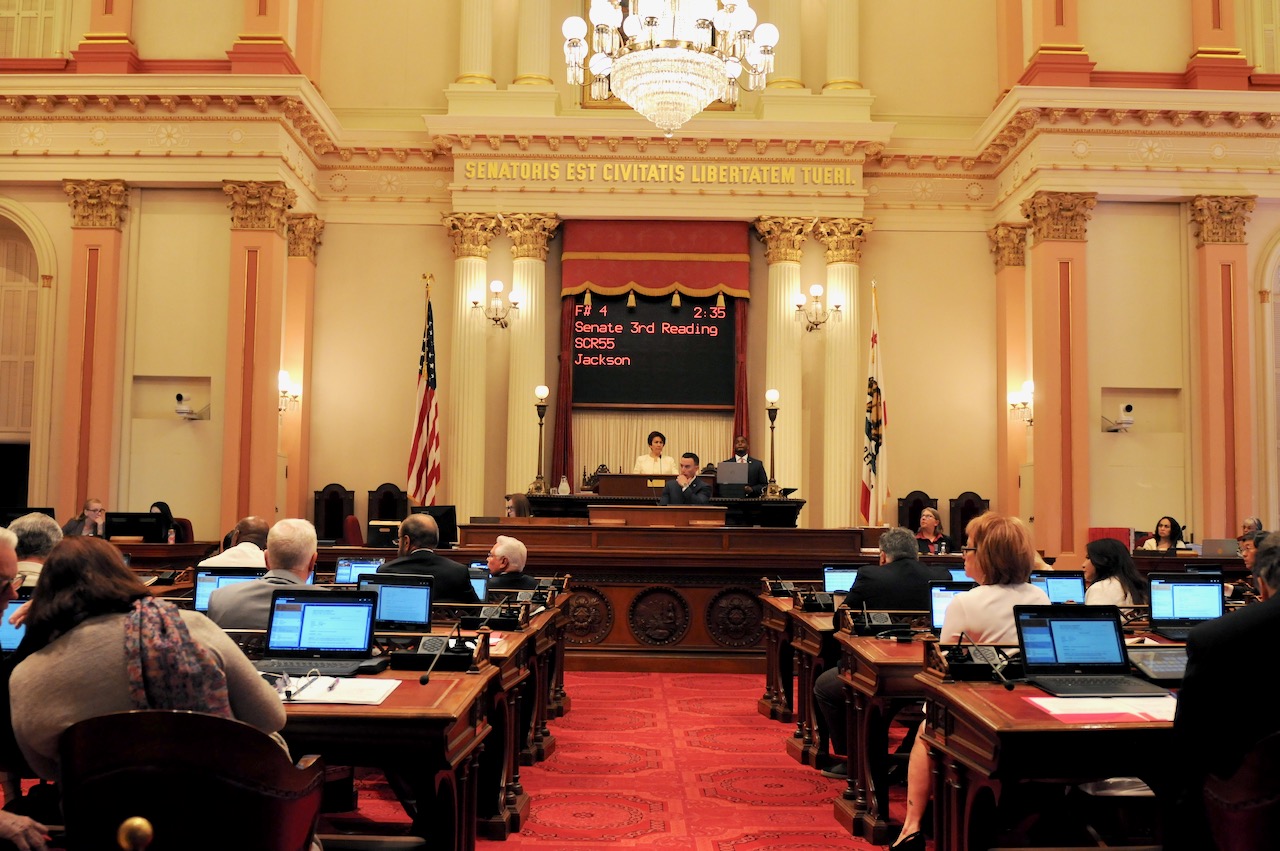
California State Capitol. (Photo: Kevin Sanders for California Globe)
Frequently Asked Questions about Legislative History and Intent
What is the purpose of determining legislative intent?
By Chris Micheli, April 21, 2024 2:30 am
What is legislative history? Legislative history relates to how a bill becomes law, and includes the documents and steps involved in passage of the successful legislation.
What is statutory history? Statutory history is usually defined as changes to the language of the bill through the legislative process.
What is legislative intent? Legislative intent relates to why a bill became law, and who proposed it. The primary documents of legislative history can often illustrate legislative intent.
What is the purpose of determining legislative intent? Seeking legislative intent is what judges and others do in order to determine what the goal or purpose of the legislature was when the legislation was passed. This requires, in the first place, a review and understanding of the plain language of the statute.
What can be legislative history documents? Examples of legislative history include the following:
- Committee reports
- Statements of support or opposition from interested parties
- Press releases, media articles, and interviews
- Presidential signing or veto messages
- Bill analyses by committees, sponsors or opposition, and advocacy groups or lobbyists
What legislative history documents are most persuasive? The courts consider the best legislative history to be that which represents a large body of legislators, not just the bill’s author or one side of the public policy debate.
What can be statutory history documents? Examples of statutory history include the following:
- Legislative intent statements in the act itself
- Drafting history — was the statute amended prior to enactment?
- Were there prior versions of the final bill?




